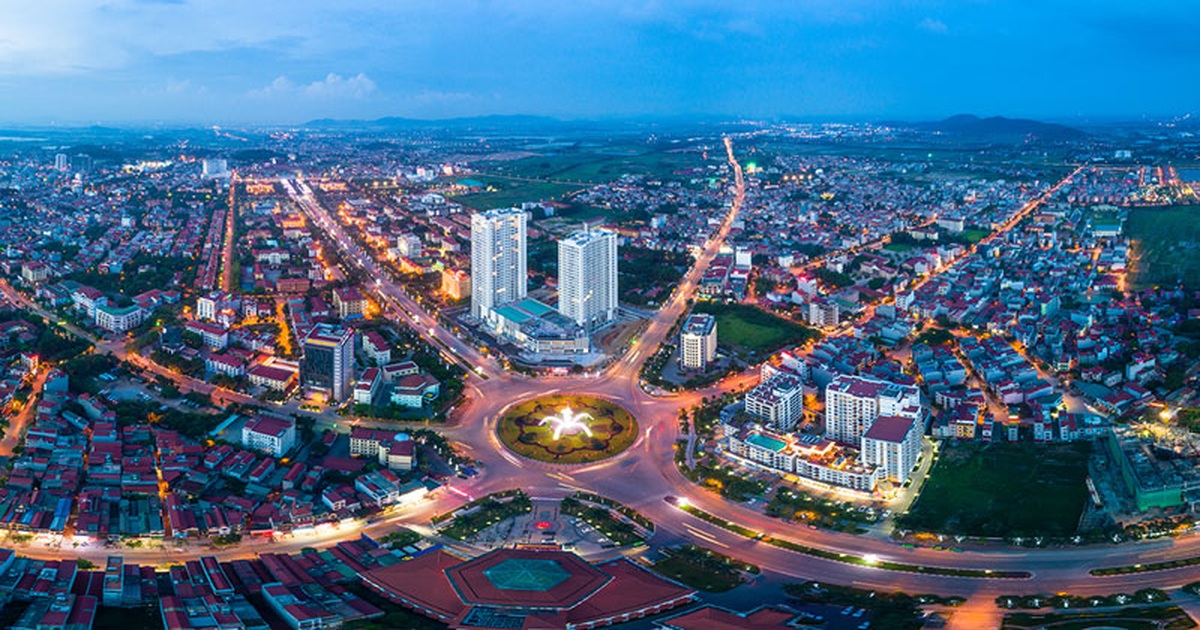Ho Chi Minh City (HCMC) is entering a crucial phase with a major restructuring of its administrative system. The April 2nd meeting on economic and social situations saw Party Secretary Nguyen Van Nen emphasize the importance of this change, opening up new opportunities and challenges for the city in the coming period.
Goals of Administrative Restructuring
The restructuring aims to enhance the efficiency and effectiveness of the government, better serving the needs of citizens and businesses. This transformative change requires adaptation and effort from civil servants and the public.
Potential Challenges and Opportunities
The reorganization and merging of administrative units will present significant challenges. Districts, after years of operation, will transition responsibilities to wards and the city proper, demanding adjustments in thinking and vision.
However, this also presents an opportunity for HCMC to expand its scope of action, take on greater responsibilities, and lay the foundation for a more efficient two-tiered local government model. The restructuring must be comprehensively considered, not just based on current administrative boundaries, but with a focus on convenience for citizens and businesses.
Specific Guidelines
Party Secretary Nguyen Van Nen outlined several key guidelines:
- Strengthening Ward-Level Governance: The two-tiered model must focus resources on the city and provincial levels while empowering wards to handle new responsibilities.
- Adapting Departments and Agencies: The roles and functions of departments and agencies will change, requiring flexible adaptation and innovative thinking.
- Avoiding Mechanical Division: The restructuring of administrative units should consider the overall needs, balancing the interests of citizens and businesses, instead of rigidly dividing based on district or district lines.
- Prioritizing Civil Servant Wellbeing: Ideological support and policy assistance are crucial for civil servants, especially those without permanent roles.
- Strict Implementation and Contingency Planning: The city must adhere to the guidelines, prepare thorough contingency plans to address potential changes.
Economic Growth: Goals and Challenges
HCMC Chairman Nguyen Van Duc stressed the importance of maintaining economic growth momentum. While the first quarter has shown positive results, achieving an 8-10% growth target for 2025 will require even greater effort and determination.
The city needs to address issues such as:
- Increased Business Closure: The government must proactively support businesses facing closure.
- Decreased New Business Startups: Creating a favorable investment environment and encouraging new business formation are crucial.
- Unsatisfactory Public Investment Spending: Improving the efficiency of public investment spending is an urgent task.
Administrative Procedure Reform
Strong administrative procedure reform is vital for improving the investment environment. A better investment environment will encourage businesses to return to the market, boosting economic development.
Commitment and Action
The entire political system, civil servants, and party members need the highest commitment, demonstrating dynamic, proactive, creative, self-reliant, and resourceful thinking to fulfill HCMC’s mission in national development. Prioritizing the service of citizens and businesses is the core of development.
Source:



